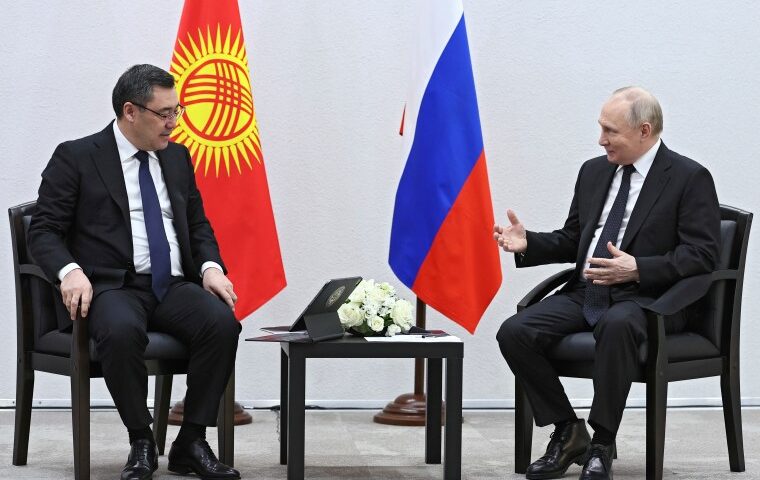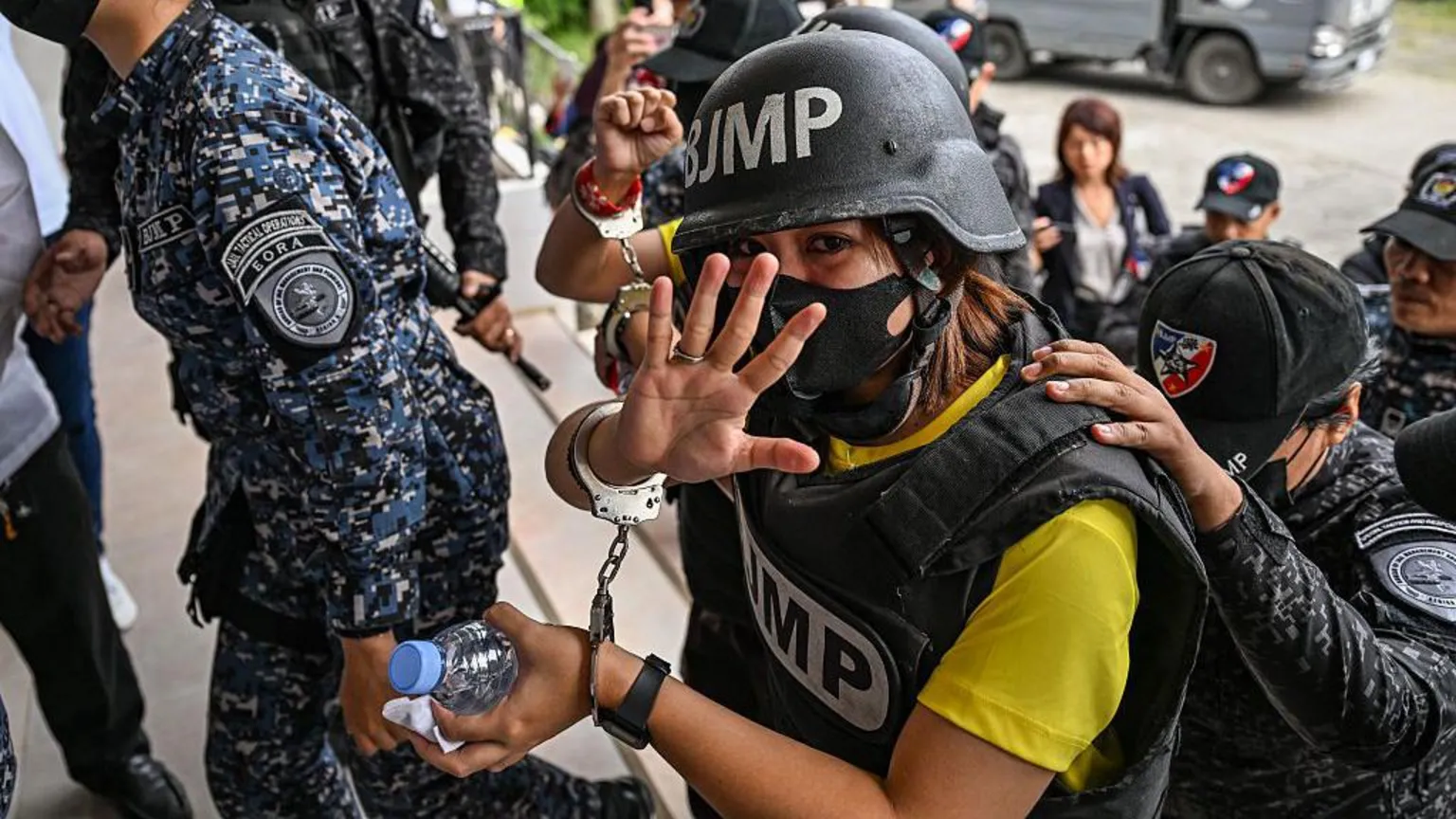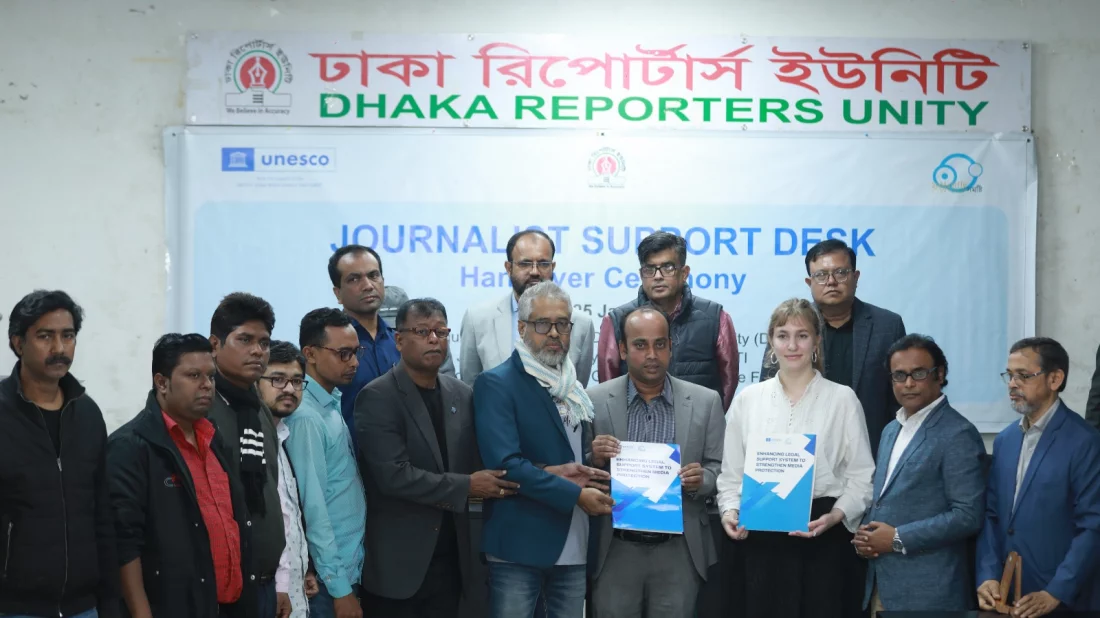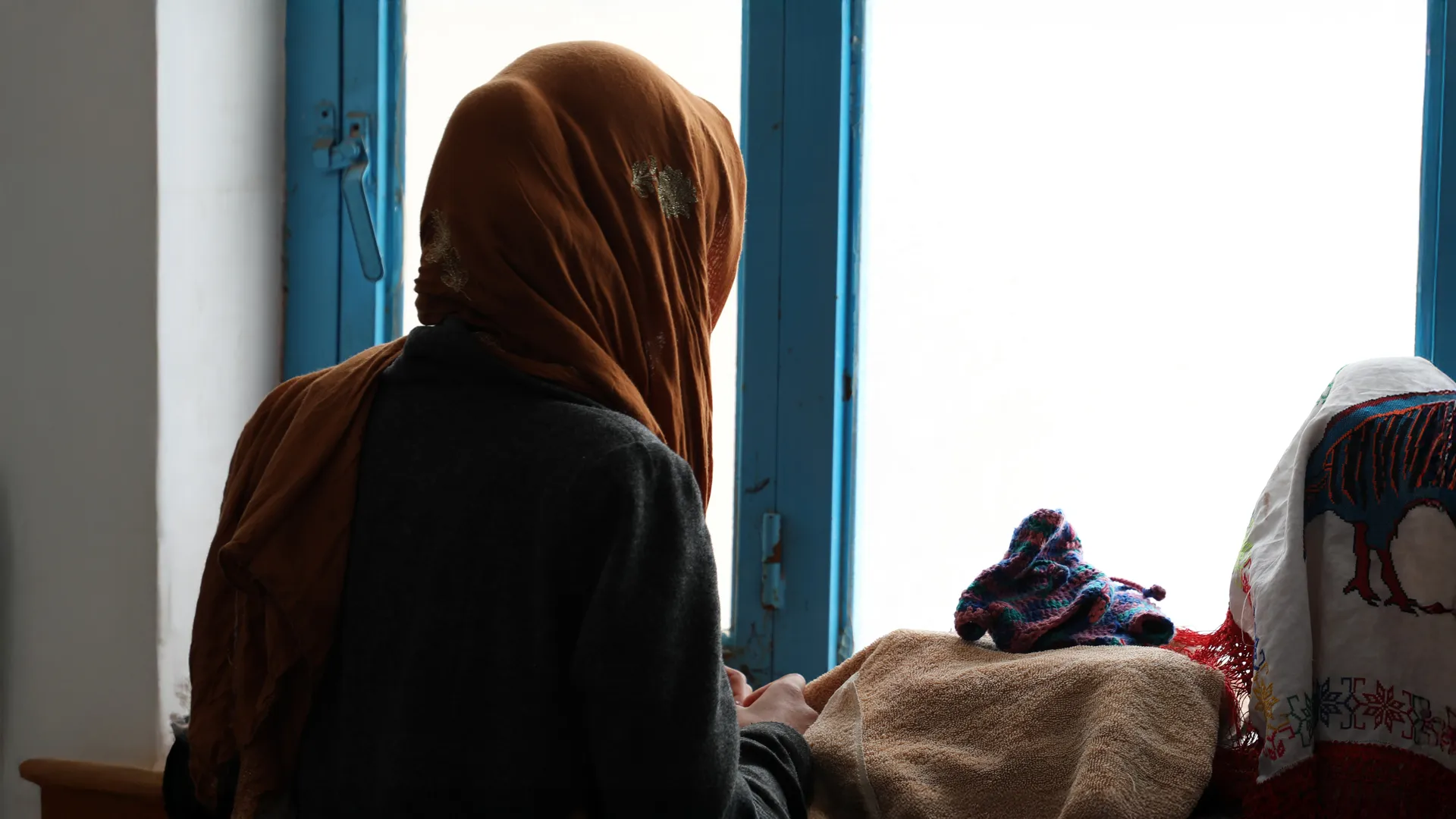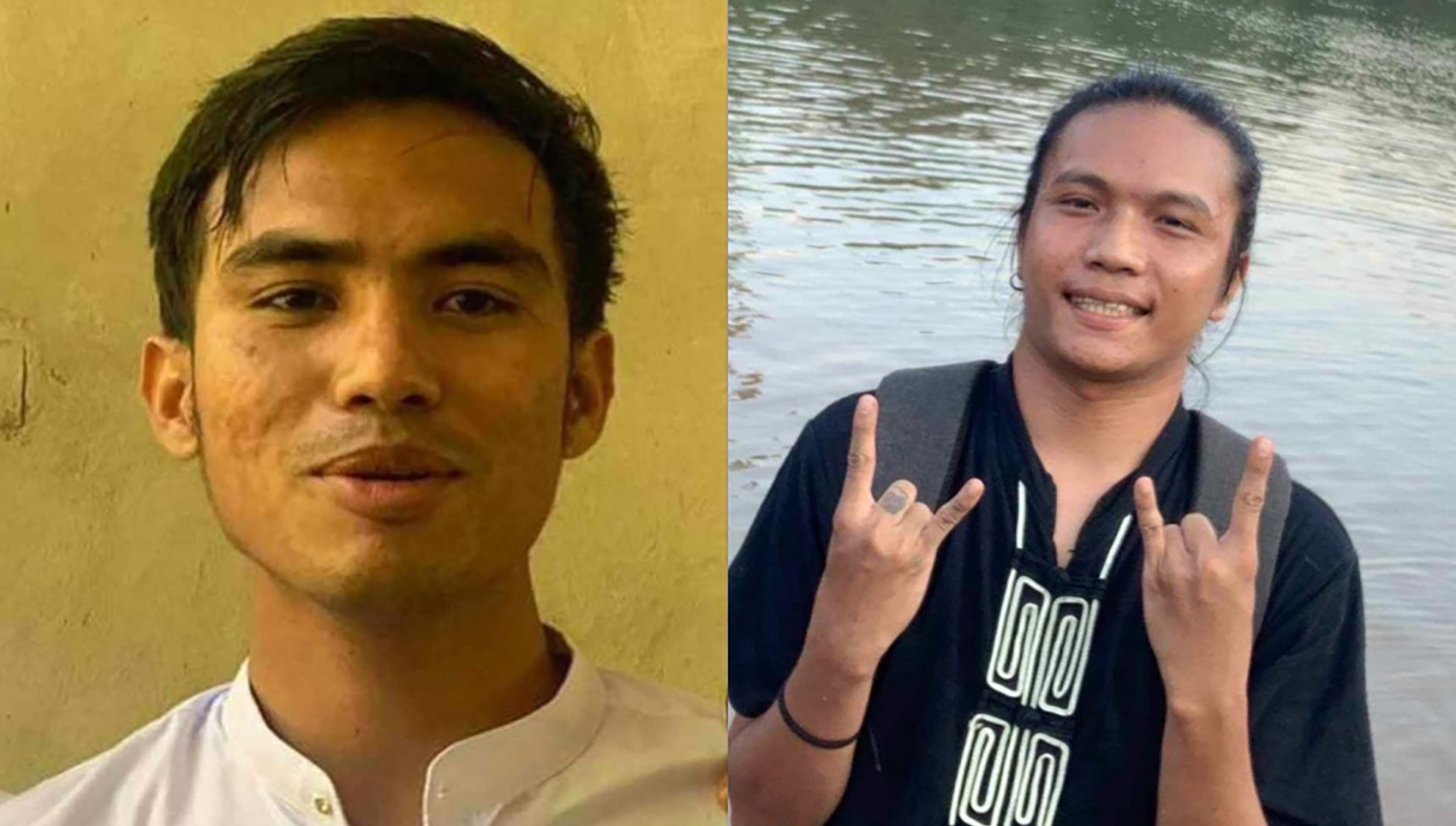
Myanmar soldiers shoot dead 2 journalists in raid on home
September 5, 2024
Despite Presidential Pledge, Iran’s Crackdown on Journalists Persists
September 6, 2024September 05, 2024 – Kyrgyzstan –
The Committee to Protect Journalists (CPJ) issued a warning urging Kyrgyz authorities to reverse threats of blocking two independent online news outlets—Novye Litsa and Radio Azattyk—after they published a report linking President Sadyr Japarov to Russian political strategist ties, including connections to the late Wagner leader Yevgeny Prigozhin.
In a directive issued by the Culture and Information Ministry on September 4, Novye Litsa was ordered to remove the August 30 article within 24 hours or face nationwide internet blocking. The outlet complied but insisted the piece was accurate. CPJ criticised the misuse of the country’s “false information” law, contending it serves to protect high-level officials rather than curb misinformation.
This escalation reflects a longer-term crackdown on independent media in Kyrgyzstan. Over the past year, authorities have invoked strict media laws to censor content, raided newsrooms like Temirov Live and 24.kg, and shuttered outlets including investigative platform Kloop. Courts have also recently upheld prison sentences for Temirov Live journalists accused of “inciting mass unrest,” further demonstrating the government’s control over dissenting voices.
The situation has drawn criticism from legal experts and international rights groups. Freedom House described the government’s broad and arbitrary use of the “false information” law as evidence of shrinking civic space. Meanwhile, CPJ continues to spotlight how the law is weaponized to stifle investigative reporting and shield political elites.
These actions contrast sharply with Kyrgyzstan’s reputation as a relative haven of press freedom in Central Asia. However, the passage of recent restrictive media legislation in June 2025—mandating website registration, licensing control, and state oversight—signals a concerning trend toward authoritarian control.
Press advocates stress that blocking independent outlets would strike at the heart of free expression and transparency. CPJ insists the government must respect international media standards, allow critical reporting, and abandon censorship practices disguised as regulation. The outcome of this threat could determine whether the country maintains even current levels of media pluralism.
Reference –

